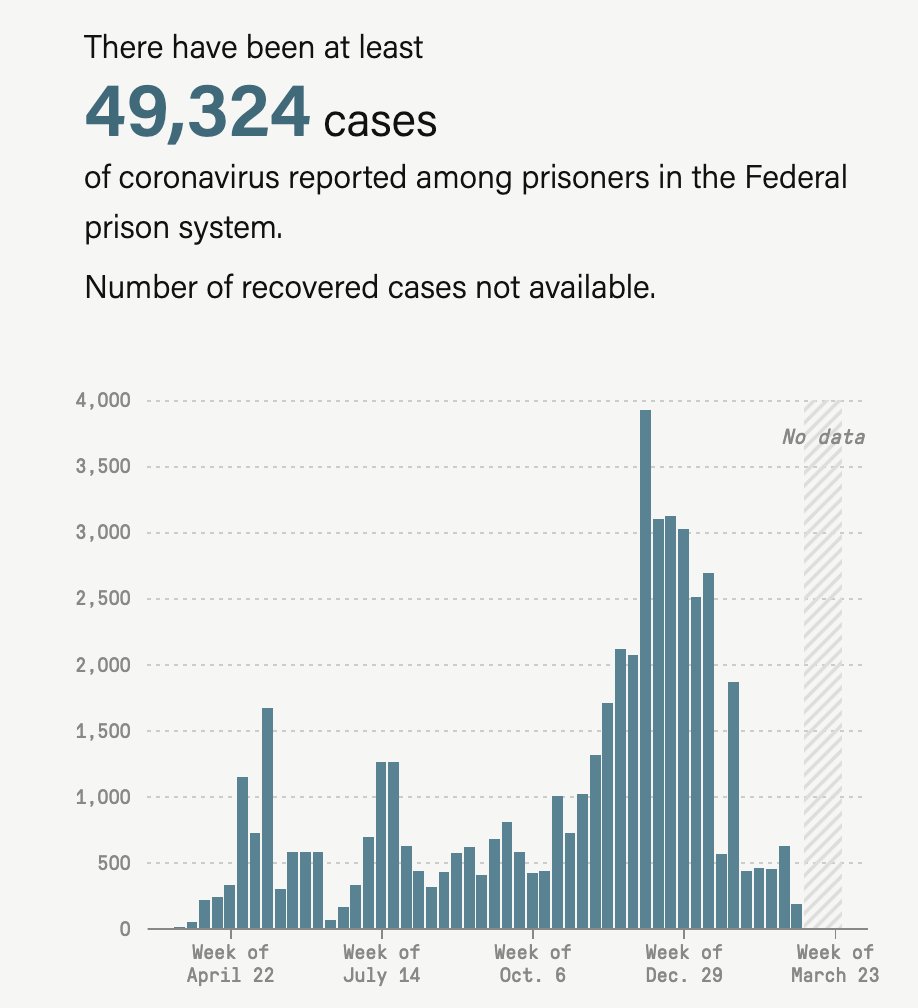NEW: @lawbartley introduces Issue 4 of News Inside, The Marshall Project's print publication distributed in hundreds of prisons and jails across the United States. themarshallproject.org/2020/05/05/inc…
Featured in this issue: a COVID-19 survival guide for incarcerated people.
https://twitter.com/lawbartley/status/1257636756461105158
Also included is a print version of our groundbreaking political survey of more than 8,000 people behind bars. themarshallproject.org/2020/03/11/wha…
Work like this is made possible by our members. And on #GivingTuesdayNow, every dollar you donate is matched.
Join us today: themarshallproject.org/donate?via=701…
Join us today: themarshallproject.org/donate?via=701…
• • •
Missing some Tweet in this thread? You can try to
force a refresh








